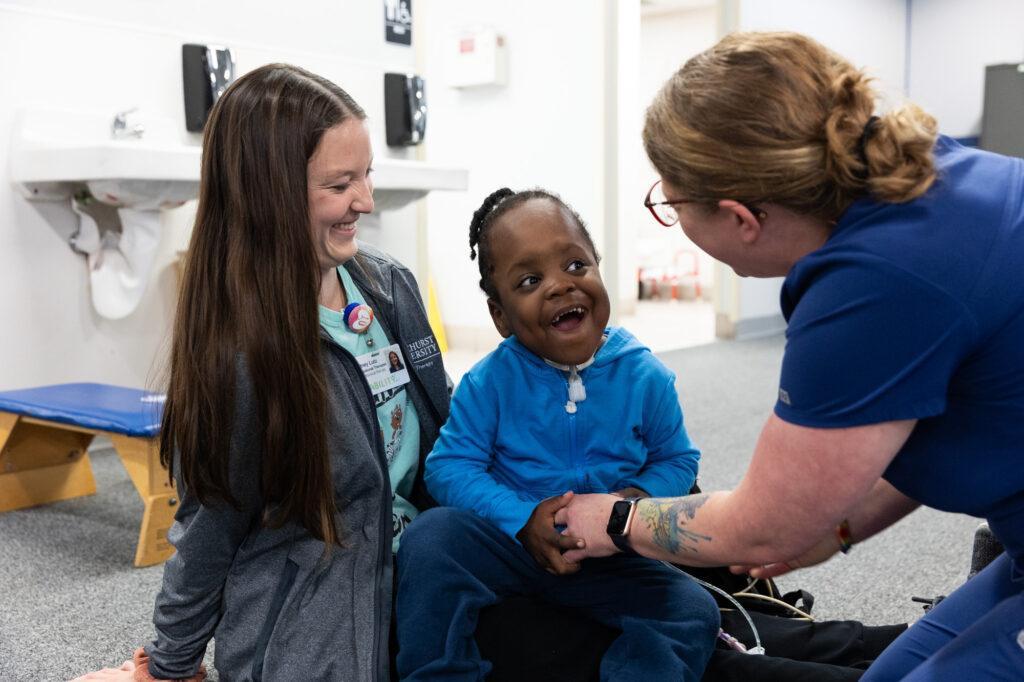
When there’s an emergency, the first thing to remember is to stay calm. The second thing to remember is to find your emergency preparedness kit. Most emergencies that require a preparedness kit refer to severe weather, which can include everything from tornadoes and hurricanes to blizzards and floods.
There are several items that should be in every emergency preparedness kit. First aid supplies, canned food and flashlights should be standard. However, if someone in your household has had an injury or illness that led to a disability, such as a stroke or brain injury, there are additional items that should be included in the kit to keep them healthy, safe and comfortable until the emergency is over.
Read on for a checklist of items that you should have in your emergency kit if you have someone in your home who has a disability due to injury or illness.
6 items that should be in your emergency kit for a person with a disability from an injury or illness
Did you know that approximately 48% of people in the U.S. don’t have emergency supplies? An emergency preparedness kit should be essential in your household. You don’t want to be caught scrambling when things go sideways. With the right supplies, you and your loved ones can stay safe and healthy throughout an emergency.
Many basics may come to mind when you think of an emergency preparedness kit; however, there are additional items you should include if you’re caring for someone with a disability, traumatic injury or severe illness. While supplies needed can vary based on the needs and challenges of the person, here are a few items that you may need to add to your kit:
- Alternate power for assistive devices — When you’re in a building that loses power, it may not always have an effective generator. That’s why it’s essential to have backup power for assistive technology, respiratory devices or a power wheelchair. This could include an extra charging source, power station and batteries.
- Dietary supplements — It’s not uncommon for people with disabilities or those who are in recovery from a severe illness to be on a special or strict diet. If you have to evacuate, it’s likely that you’ll be in a facility that won’t provide food that’s safe for your loved one. Have special dietary supplements to ensure that the person gets the right nutrients without any damaging ingredients.
- Dry-erase or communication board — If your loved one has a speech limitation or deficit, it’s important that they have a way to communicate with you and everyone around them. That includes emergency service workers or shelter workers. Having a dry-erase board or a laminated communication board can ensure that their needs are being met.
- Medical ID USB drives — The safest and most secure way for a person to carry around their medical documents is through a HIPAA-compliant drive. These are often put in bracelets for both convenience and safety. The drive can contain medical history as well as identification. The drive can ensure that vital information can be brought up by healthcare professionals when needed.
- Contact list — There should be a contact list kept in an airtight container or bag. The list should include trusted loved ones as well as the doctors for the individual living with a disability. It’s important to have access to a backup of this information in paper form if your phone isn’t available.
- Care instructions — You should have a laminated copy of the person’s conditions and needs as well as instructions for how they should be assisted. It’s important that if they end up needing to evacuate, the people caring for them understand how to do so if you’re not able to do so yourself. Include medications or medication list and pharmacy name/number.
Ability KC can help people with a disability be prepared for an emergency
While an emergency situation can be scary, being properly prepared can alleviate some of the apprehension. When a loved one has a disability due to an illness or injury, having the right supplies in your emergency preparedness kit can make a significant difference in their safety and health throughout the situation.
At Ability KC, we educate families on everything they need to know to take proper care and precautions for a loved one with a disability.
Ability KC is a designated Comprehensive Outpatient Rehabilitation Facility (CORF) with a Commission on Accreditation of Rehabilitation Facilities (CARF) accreditation. Contact our team today for more information or to schedule an initial appointment.